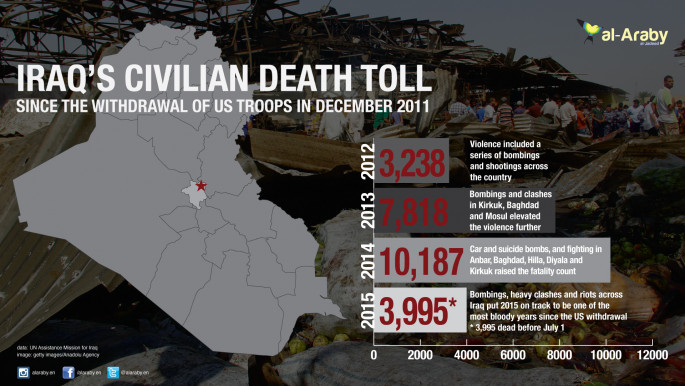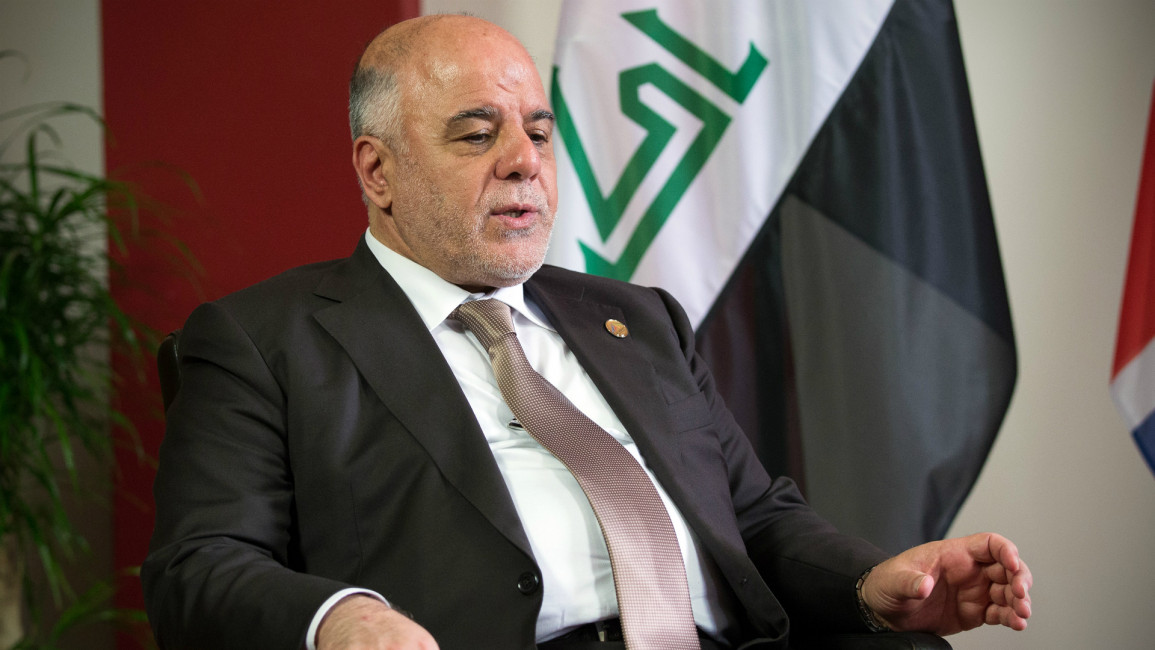Blow to Iraq reforms as proposed oil minister withdraws
Nizar Saleem Numan withdrew his candidacy as oil minister in Baghdad's new cabinet late on Friday, in what is seen as another hurdle for Haider al-Abadi's raft of anti-corruption reforms.
The Kurdish petroleum geologist is understood to have pulled out because he was not formally proposed by Kurdish groups.
"Because there is no political agreement over the form of the future government, I withdraw my candidacy for the ministry of oil position," he told a news conference in Dohuk.
Numan, 65, was one of a series of experts proposed to form a technocrat government after a popular movement led by cleric Muqtada al-Sadr forced the prime minister to push ahead with implementing his suggested political reforms.
"The Kurdish alliance has one position: we are for the respect of the Constitution and we won't allow the Kurds' representatives be imposed on us," outgoing finance minister Hoshiyar Zebari told Reuters.
"Any future representation of the Kurds has to be just and fair," added Zebari of the Kurdistan Democratic Party, one of the largest group in the Kurdish alliance coalition.
Iraq's ongoing political crisis witnessed a glimmer of hope on Thursday when the prime minister responded to demands by protesters in Baghdad calling for a reshuffle of the cabinet.
Prime Minister Haider al-Abadi came before the parliament to tell lawmakers he had reduced the number of Cabinet ministers to 16, from the previous 21-member government.
He submitted the names of nominees for 14 ministerial positions, but said he would not replace the current defence and interior ministers, "given the current difficult situation".
Intense pressure from Sadr's supporters, who have staged rallies in the Iraqi capital and a sit-in next to the government's Green Zone headquarters to demand reforms, has been credited with the announcement of the new cabinet lineup.
Abadi's proposals, aimed at stemming the notorious corruption amid Iraq's politics, have faced a raft of criticism, with efforts largely blocked by political groups who rely on the status quo for patronage and power.
 |



